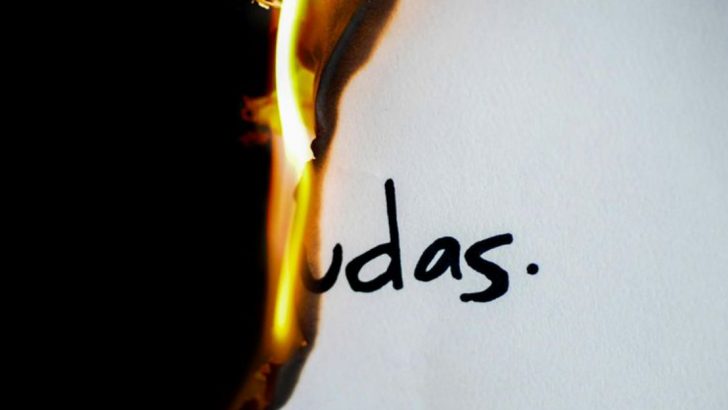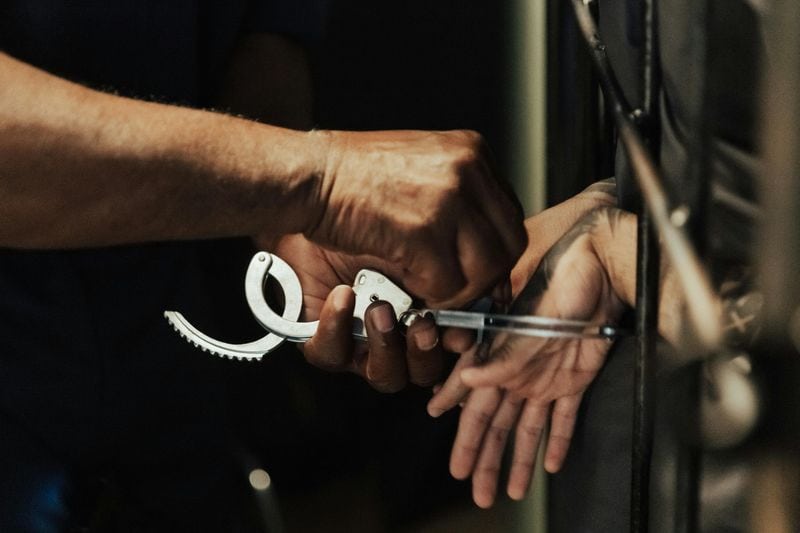We’ve all heard that forgiveness is freeing, but what if rushing to forgive someone actually hurts you more?
When someone betrays your trust or causes you pain, the pressure to ‘just get over it’ can be overwhelming.
Before you hand out forgiveness like candy, consider these important reasons why holding back might actually be the healthier choice for your emotional wellbeing.
1. Forgiveness Without Accountability Enables Bad Behavior
Quickly forgiving someone who hasn’t acknowledged their wrongdoing sends a dangerous message. It tells them their actions have no consequences, essentially giving them permission to repeat the same hurtful behavior.
People who aren’t held accountable rarely see a reason to change. By withholding forgiveness until they’ve shown genuine understanding of their actions, you’re actually helping them grow.
Think of accountability as the bridge between harm and healing – without it, reconciliation lacks foundation and meaning.
2. Your Feelings Need Time to Process
Racing to forgiveness often means burying legitimate emotions under a false sense of peace. Those unprocessed feelings don’t simply vanish – they fester beneath the surface, potentially causing anxiety, depression, or even physical symptoms.
Your hurt, anger, or disappointment deserves space and acknowledgment. These emotions aren’t petty; they’re important signals about your boundaries and values.
Giving yourself permission to fully experience these feelings first creates the authentic emotional foundation necessary for genuine forgiveness later.
3. Premature Forgiveness Damages Self-Respect
When you rush to forgive someone who hasn’t earned it, you’re essentially telling yourself your hurt doesn’t matter. This subtle message erodes your self-worth over time, training you to minimize your own needs and boundaries.
Standing firm in requiring proper amends isn’t being stubborn – it’s practicing healthy self-respect. Remember that your feelings and boundaries deserve protection.
True forgiveness should elevate both parties, not leave you feeling smaller while the other person escapes responsibility.
4. Some Actions Reveal Someone’s True Character
Maya Angelou famously said, “When someone shows you who they are, believe them the first time.” Certain betrayals aren’t simple mistakes but revealing glimpses into someone’s core values and character.
Serious breaches of trust – like intentional deception, cruelty, or repeated patterns of disrespect – tell you important information about who this person truly is. Rushing to forgive can blind you to these crucial revelations.
Holding back forgiveness gives you space to evaluate whether this relationship deserves continued investment.
5. Forgiveness Doesn’t Mean Reconciliation
Many people mistakenly believe that forgiving someone means you must welcome them back into your life. This dangerous misconception keeps many people trapped in cycles of toxic relationships.
You can release anger while still maintaining protective distance. Forgiveness is an internal process of letting go of resentment; reconciliation is the external restoration of relationship – and it’s completely optional.
Sometimes the healthiest choice is forgiving someone from a safe distance without allowing them close enough to hurt you again.
6. Society’s Forgiveness Pressure Can Be Toxic
“Just forgive and forget” might be the most damaging advice given to those who’ve been hurt. This social pressure often comes from people uncomfortable with conflict or those wanting to avoid dealing with complex situations.
Religious, family, or cultural expectations can compound this pressure, making you feel morally deficient for protecting yourself. Remember that true healing follows its own timeline, not someone else’s expectation.
Resisting external pressure to forgive prematurely is sometimes the bravest, most self-honoring choice you can make.
7. Repeated Offenses Require Special Consideration
“Fool me once, shame on you; fool me twice, shame on me.” This old saying contains profound wisdom about patterns of behavior. When someone repeatedly hurts you in the same way, quick forgiveness becomes problematic.
Pattern recognition is your brain’s protective mechanism. Your hesitation to forgive repeated offenses isn’t being unforgiving – it’s your intuition trying to protect you from predictable harm.
True change takes time and consistent effort to demonstrate. Without seeing this effort, withholding forgiveness is simply good self-protection.
8. Genuine Remorse Looks Different Than Apologies
The words “I’m sorry” are often meaningless without the actions to back them up. Real remorse involves acknowledging specific harms done, accepting full responsibility without excuses, and making concrete changes to prevent recurrence.
Empty apologies are actually manipulation tactics designed to make uncomfortable situations go away quickly. They’re focused on the offender’s comfort, not your healing.
Waiting for signs of genuine remorse before extending forgiveness helps you distinguish between those truly deserving second chances and those merely avoiding consequences.
9. Forgiveness Shouldn’t Compromise Your Healing Journey
Healing from betrayal follows a natural progression that can’t be rushed or shortcut. Forced forgiveness interrupts this delicate process, potentially leaving emotional wounds partially healed or infected with resentment.
Your healing timeline belongs to you alone. Whether it takes weeks, months, or years to process a betrayal depends on factors like the severity of the harm, your history, and the support available to you.
Prioritizing your healing process over someone else’s desire for forgiveness is not selfish – it’s necessary self-care.
10. Some Things Are Simply Unforgivable
Despite popular wisdom suggesting everything can and should be forgiven, some violations are so profound they permanently alter the relationship landscape. Certain betrayals break the foundation upon which trust was built.
Acknowledging that some actions fall outside your forgiveness boundaries doesn’t make you bitter or unenlightened. It makes you honest about your emotional reality and personal values.
Accepting that some things remain unforgivable can actually be liberating, freeing you from the endless struggle of trying to force feelings that simply aren’t authentic for you.











